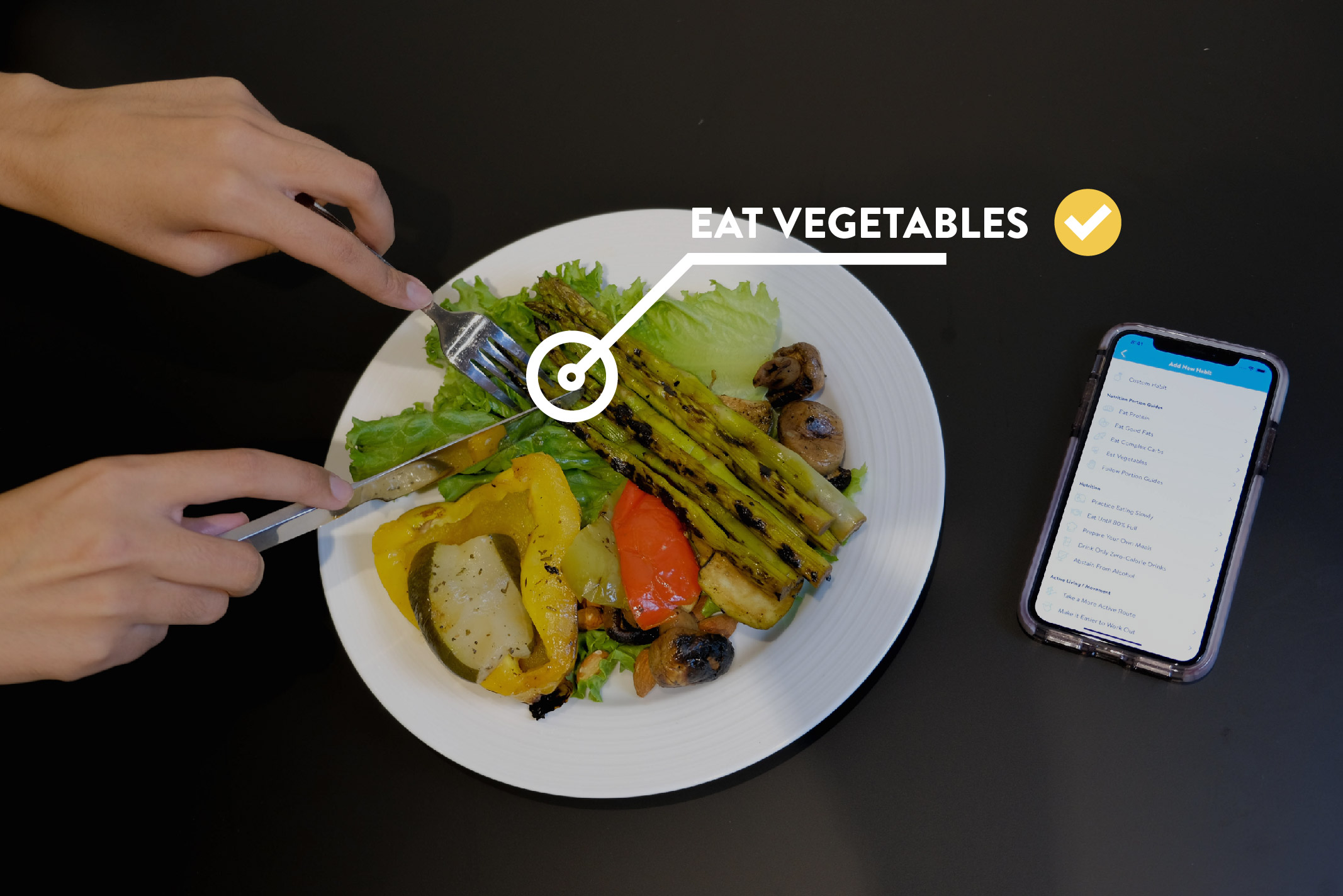Despite the ample amount of conflicting nutrition research flooding the internet today, one thing appears to remain consistently verified by science—eat your vegetables. Yup, mom got this one right. Though this is something we inherently know as true, it’s also important to know why. This allows us to empower and educate our clients on the health benefits of vegetables and hopefully get them eating more!
What are the benefits of vegetables?
Vegetables have a handful of nutritional perks (and by the handful is how much we should be eating these superfoods, about five servings a day) [1]. Superfoods, you say? You bet! Vegetables are very nutrient-dense. They pack tons of micronutrients that are challenging to source elsewhere. Micronutrients are vitamins and minerals which assist most of your body’s functions. These glorious plants also are an incredible source of antioxidants, which battle all kinds of diseases and inflammation. The number one scientifically-backed benefit of vegetables is their fiber content. Fiber-full diets have been shown to decrease the incidence of cardiovascular disease, and other chronic diseases [2]. A veggie-rich diet has been linked to lower blood pressure levels [3] [4] and can even promote eye health [5]!
How to get your clients to eat their veggies
The tricky part for most of our clients is execution, as the majority of clients are aware they should probably be eating more veggies. It’s just not within their daily habit to grab some veggies with each meal. Some may need a little education on ways to incorporate veg into their daily meals. (Client: “What sort of vegetables can I eat at breakfast?.”) This can be coached over the in-app messenger system. But most of the time, it’s a matter of tracking the frequency and automating the consumption of vegetables via habit building. Trainerize now has a feature that allows you to do just that: habit track! You can follow along with your client’s progress from day to day, and see what support they may need in making vegetables a regular occurrence in their meals!
Eating vegetables in a nutshell:
- Science consistently supports a diet heavily based on vegetables.
- Health benefits include a nutrient-dense source of micronutrients, fiber, and antioxidants, as well as offering prevention against cardiovascular disease, diabetes, and obesity [2].
- Creating a habit of eating vegetables regularly with every meal can be facilitated with in-app features from Trainerize, including habit tracking.
References:
- https://www.google.com/search?sxsrf=ACYBGNSM9xjeDOGiHRAijVN80F6V7GfrHA%3A1568755344465&ei=kE6BXeWBHM7Q-gSSwpWoAw&q=what+makes+vegetables+healthy&oq=what+makes+vegetables+&gs_l=psy-ab.3.0.0l10.3218.6769..9206…0.0..0.160.1003.11j1……0….1..gws-wiz…….0i7i30j0i13.vEz5bOzHYJM
- https://www.ncbi.nlm.nih.gov/pmc/articles/PMC3649719/
- Appel LJ, Moore TJ, Obarzanek E, Vollmer WM, Svetkey LP, Sacks FM, Bray GA, Vogt TM, Cutler JA, Windhauser MM, Lin PH. A clinical trial of the effects of dietary patterns on blood pressure. New England Journal of Medicine. 1997 Apr 17;336(16):1117-24.
- Yokoyama Y, Nishimura K, Barnard ND, Takegami M, Watanabe M, Sekikawa A, Okamura T, Miyamoto Y. Vegetarian diets and blood pressure: a meta-analysis. JAMA internal medicine. 2014 Apr 1;174(4):577-87.
- Cho E, Seddon JM, Rosner B, Willett WC, Hankinson SE. Prospective study of intake of fruits, vegetables, vitamins, and carotenoidsand risk of age-related maculopathy. Archives of Ophthalmology. 2004 Jun 1;122(6):883-92.

